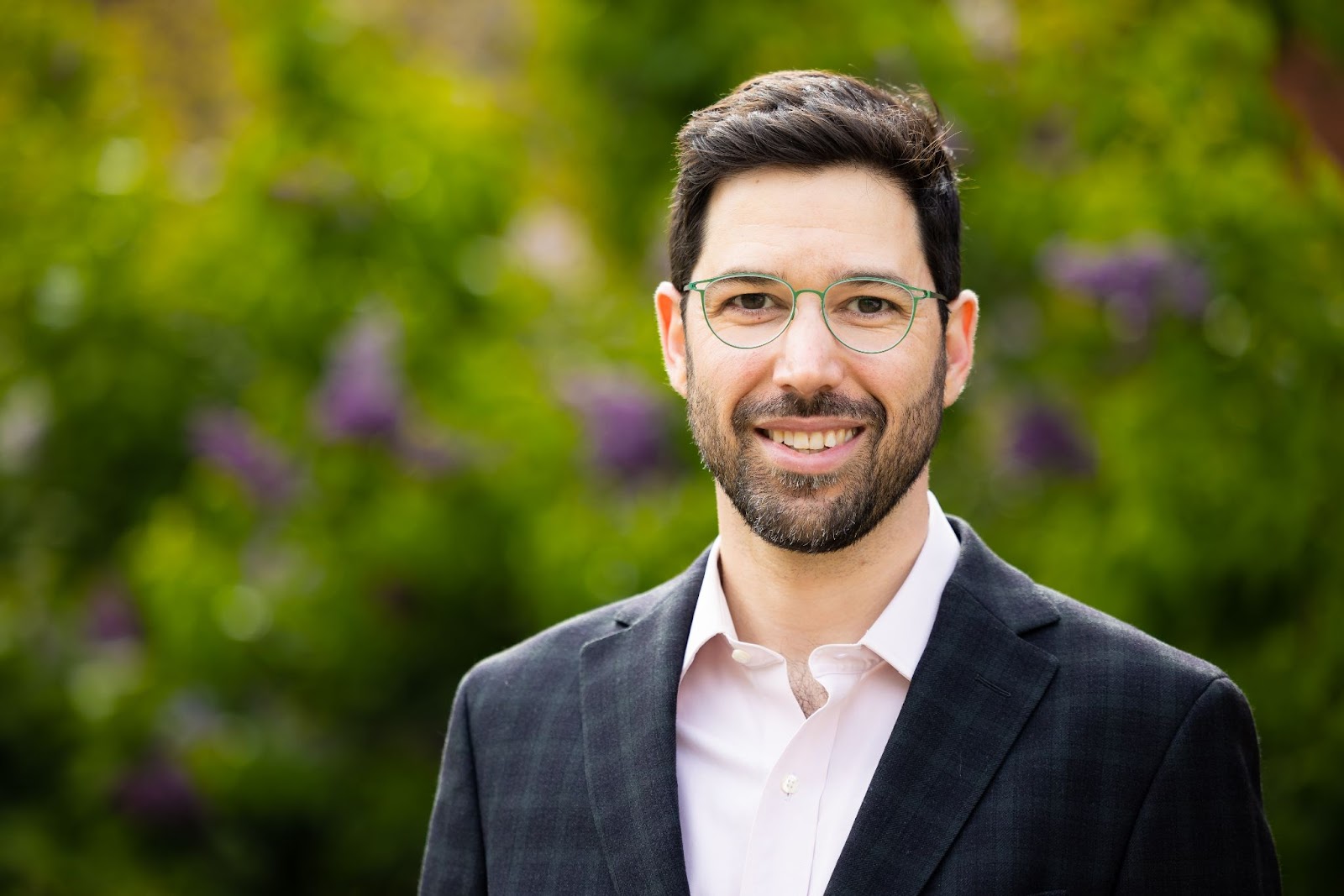Dr. Daniel Stone is a licensed psychologist who specializes in the treatment of childhood anxiety disorders, obsessive compulsive disorder (OCD), and related disorders. Throughout his training and career, Dr. Stone has focused on providing evidence-based assessment and treatment to children, families, and young adults. He earned a BA in psychology at the University of Massachusetts, Boston, and a doctorate in counseling psychology at Northeastern University. Dr. Stone completed his clinical internship in behavioral psychology at Kennedy Krieger Institute and Johns Hopkins University, and his postdoctoral fellowship in behavioral psychology and neuropsychology at McLean Hospital and Harvard Medical School. During that time he provided intensive exposure-based treatment to children with anxiety and related disorders.
Dr. Stone is currently an Instructor of Psychology in the Department of Psychiatry at Harvard Medical School and a psychologist at the McLean Anxiety Mastery Program, where he conducts research and development on electronic therapy interventions, such as telehealth and virtual reality therapies. As Director of Digital Health Innovation at InStride, Dr. Stone combines his knowledge of psychological assessment and intervention, with his passion for science and technology to drive forward the development and implementation of new therapeutic techniques to combat the pediatric mental health crisis.


